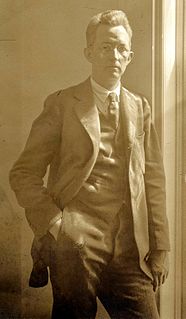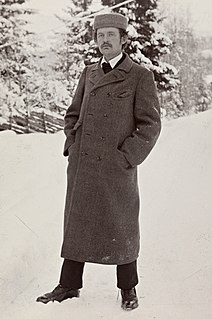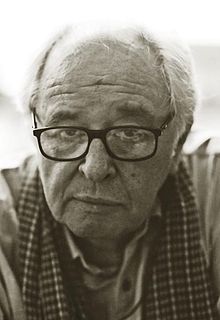A Quote by Dennis Hopper
Photography and painting, all of that fed into my directing eventually.
Quote Topics
Related Quotes
I was always interested in drawing and painting. I enrolled in college to study painting. But I didn't have any livelihood when I graduated. My mother died very young, and I didn't have any home, so I had to find a way to earn a living. It seemed to me that photography - to the great disappointment, I have to say, of my painting teacher - could offer that. So I went and did a degree in photography, and then after that I could go out and get paid for work. For portraits, things like that.
Painting is traditional but for me that doesn't mean the academy. I felt a need to paint; I love painting. It was something natural - as is listening to music or playing an instrument for some people. For this reason I searched for themes of my era and my generation. Photography offered this, so I chose it as a medium for painting.



































